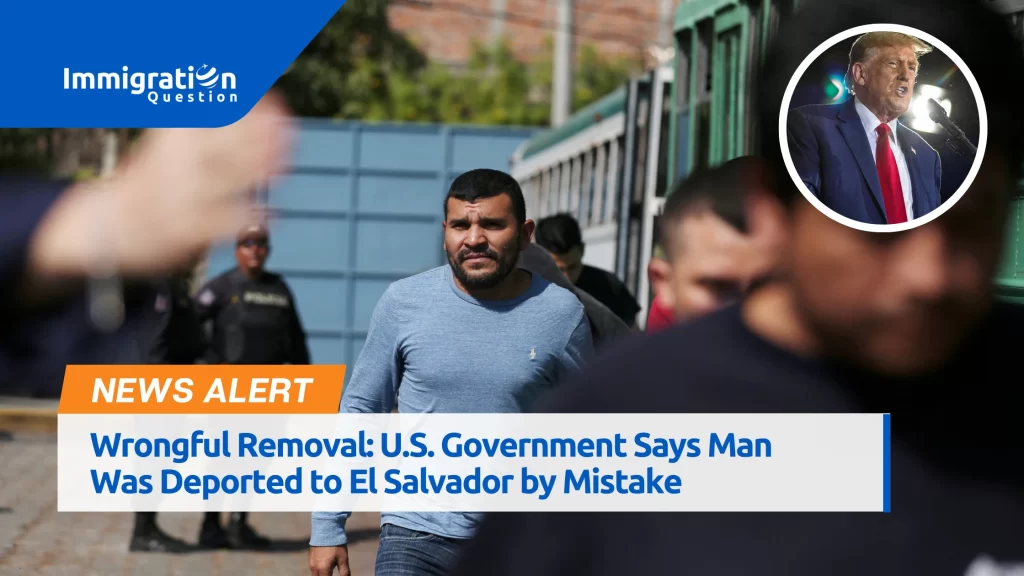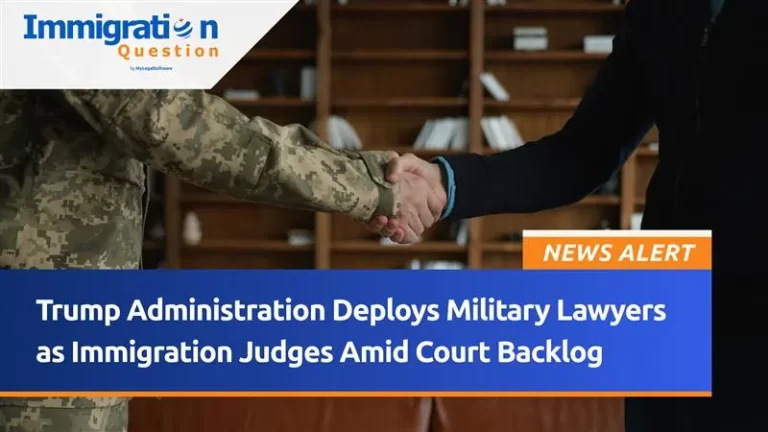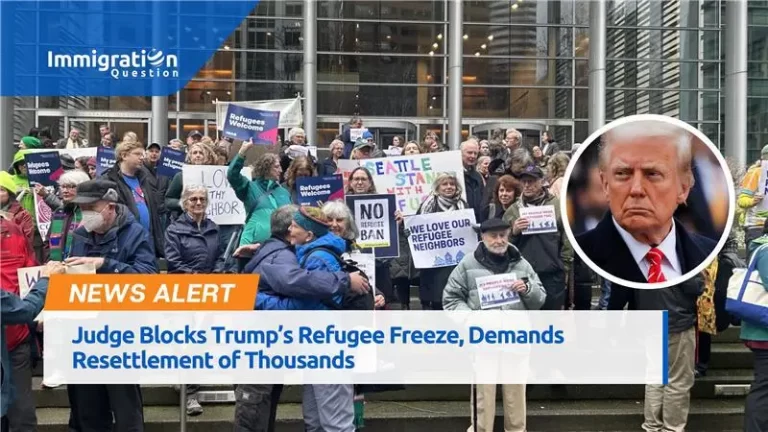The Trump administration has admitted to wrongfully deporting a Salvadoran man despite a court ruling prohibiting his deportation. The government claims that it has no power to bring him back. However, his team of lawyers continue to fight relentlessly for his return. This sparked legal concerns regarding judicial supervision and the administration’s compliance with legal rulings.
Deportation Despite Court Ruling
According to a court filing on Monday, the Trump administration wrongfully deported a Salvadoran man regardless of a court order preventing his removal. The deportation was part of three high-profile flights to El Salvador in March, raising concerns about adherence to judicial rulings. Despite a federal block on the use of the Alien Enemies Act in carrying out deportations, the Trump administration proceeded with deportations using the Act and has since appealed the ruling to the Supreme Court. This has stirred up debates over executive power and immigration enforcement policies.
Disputed Gang Affiliation
According to the Department of Homeland Security, the deported person, Abrego-Garcia, was involved in human trafficking and was a member of the infamous MS-13 gang. The department did not, however, offer any further information to support these assertions.
His legal team argues that no federal criminal or extradition charges were ever filed against him. Abrego-Garcia’s deportation has impacted his family. His wife and their five-year-old son, both U.S. citizens, remain in Maryland. According to legal filings, he was pulled over by Immigration and Customs Enforcement (ICE) officers on March 12 while driving with his child in the car. He was then handcuffed and taken into custody.
Despite an earlier court order blocking his deportation, ICE still placed him on a March 15 flight to El Salvador. He was first not listed on the flight manifest, but after other people were taken off for different reasons, he was added as an alternate, according to the official court filing.
Government’s Stance
The Trump administration’s insistence that the U.S. government lacks the authority to repatriate Abrego-Garcia because he is no longer in U.S. custody raises concerns about the responsibility of immigration enforcement and adds to the legal battle over wrongful deportations.
Concerns have been raised by legal professionals and immigrant advocacy organizations regarding the administration’s deportation policies, especially when people have legitimate reasons to stay in the country. The case highlights broader tensions between judicial and executive authority in immigration cases.
Looking Ahead – Wrongful Removal: U.S. Government Says Man Was Deported to El Salvador by Mistake
The Supreme Court is considering the administration’s appeal, and the case’s outcome could set a precedent for future deportation policies. While Abrego-Garcia’s legal team continues to fight for his return, his family in Maryland awaits further information.
People are interested in how the courts will handle cases involving wrongful deportations and whether the Supreme Court will uphold the lower court’s ruling. This case highlights the ongoing battle over immigration policy and the legal rights of those facing deportation.
To stay updated and informed, watch our news section or drop your immigration questions on immigrationquestion.com and get responses from professional attorneys.










